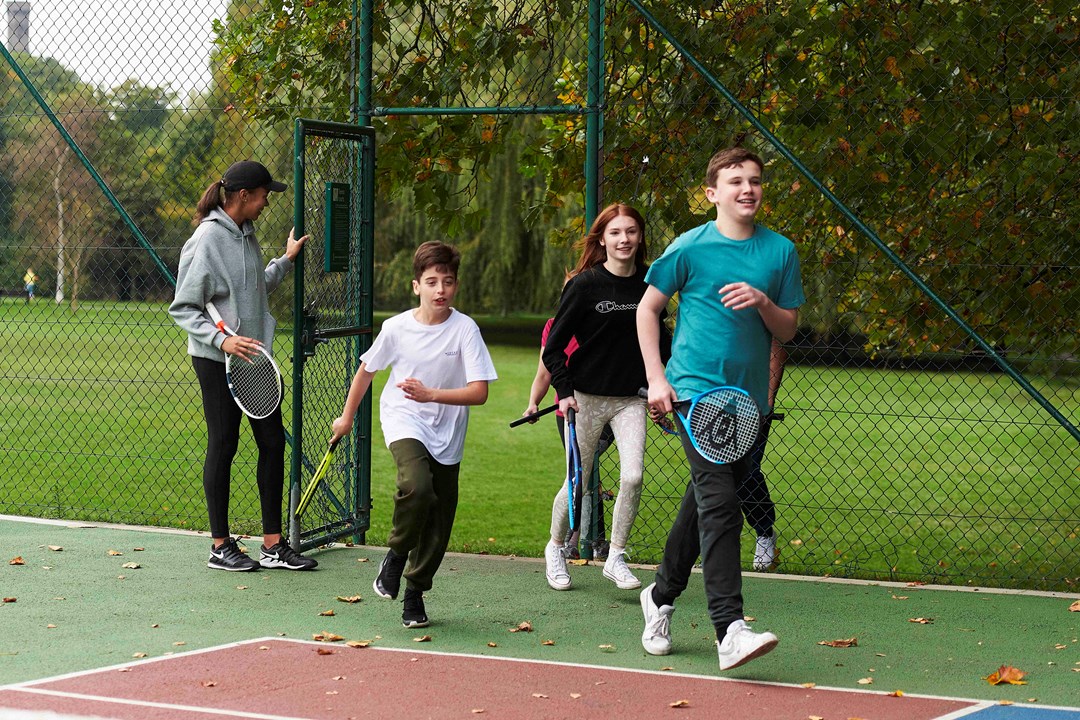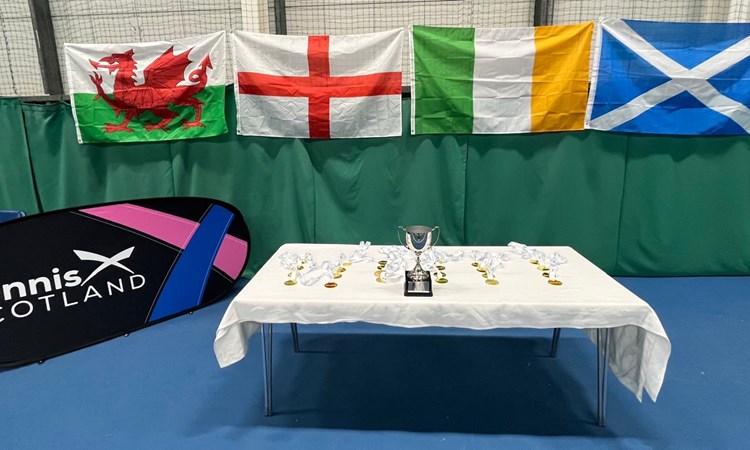
Helping local authorities operate their park sites - Model Three
• 4 MINUTE READ
Local Authority outsources the booking opportunities and the provision of a coaching programme.
For some Local Authorities, the option of outsourcing all aspects of their park tennis facilities is appealing. This can generate a guaranteed and consistent income for the Local Authority, without needing to contribute a high amount of resources such as workforce.
An operator can also generate income from court bookings and season tickets as well as coaching programmes. Whilst this model hands more control of the venues operational success to an operator, Local Authorities still have options to specify criteria within a contract that shapes how the park will run. This might include maximum pricing policies,
or the minimum number of courts that are available to the public. This enables Local Authorities to ensure that the tennis opportunities at their venues are suitable to the
local residents, and accessible to all. This model can be used on a site by site basis, or across a network of park venues.
Depending on the opportunity available, Local Authorities may receive applications from a range of interested parties, ranging from sole trader coaches through to larger national Coaching Operators or companies. Local Authorities may deem it possible to have multiple coaching providers operating different sites across the entire park stock, whilst still providing a consistent court booking offer across all venues.
Model in practice: Wandsworth
The London Borough of Wandsworth has 69 courts in 9 parks, of which 27 are floodlit. The operation of the majority of these parks is split between two different operators.
Each operator is responsible for running the court bookings, season ticket and coaching opportunities at each venue as well as the general upkeep and maintenance. In this case the operators have long term leases and are contractually required to hold a ‘sinking fund,’ that ensures the courts will be replaced or renovated when needed, meaning tennis will be provided for generations to come.
The operators pay a fee to the local authority in order to retain the exclusive operation rights at each site, and ancillary facilities include cafe’s other sports facilities and kiosks.
Results
- The Local Authority receives an annual income and have secured the long term provision of tennis opportunities.
- The enhanced tennis opportunities that operators provide, encourage more players on to court.
Benefits of this model
- Once a contract is agreed, this model usually requires the least input from a Local Authority.
- The Local Authority will receive a guaranteed income at agreed times.
- Bespoke agreements allow the Local Authority to specify whether or not the operator will pay rent and / or contribute to sinking funds, and who manages this resource.
- Coaching operators are able to operate their own businesses and keep income from court bookings and a coaching programme.
Potential drawbacks of this model
- The Local Authority may be less engaged in the delivery of a tennis activity.
- Can offer a less consistent delivery of physical activity opportunities across all sports.
- The Local Authority does not have any contact with coaching customers, so a shared marketing/communication plan may be needed.
Top tips
- This model can work well for any size venue, or across any number of venues.
- This models gives the operator the best opportunity to earn from varied revenue streams - which may help to attract an operator to a site.
- Whilst the Local Authority doesn’t have control over the programme delivery, they can include an agreed schedule of services within the contract between them and the operator to help shape the opportunity available, for example;
- Coaching for all levels and abilities of player
- Maximum / minimum price points for court bookings, season tickets and coaching
- A minimum number of courts that should be available to the public at all times
- Disability / accessible tennis provision
- Forming links with schools or other community groups
- Providing reports on the number of players participating in coaching
- Providing Coaching support at community engagement days / sport festivals.
Useful resources
To access a downloadable PDF version of the model, click the below button:





